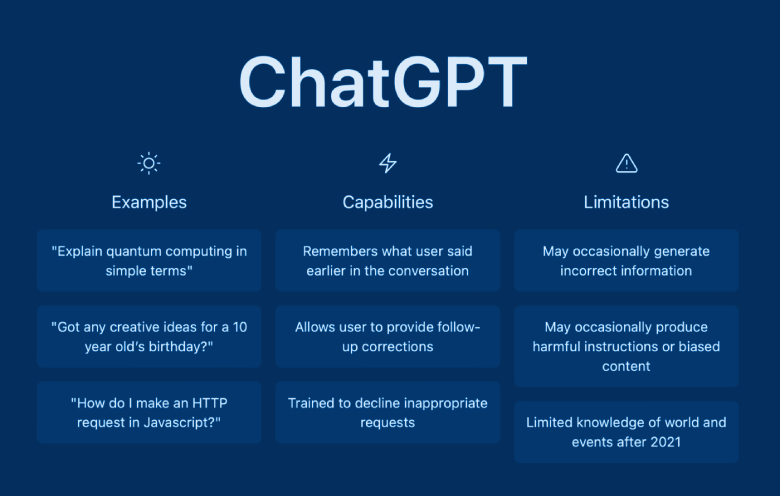OpenAI revealed GPT-4 in a blog post on Tuesday. The business claims that GPT-4 can score well on a variety of standardised tests and is less likely to “run off the guardrails” with its responses than earlier versions such as ChatGPT had.
OpenAI created the ChatGPT chatbot. The business claims that GPT-4 can write code in all popular programming languages and read, analyse, or generate up to 25,000 words of text.
Read Also: Tems Explains Why She Donned Extravagant Outfit To The Oscars
The update was referred to as the company’s “latest milestone” by OpenAI.
Even though it is still “less capable” than people in many situations, the corporation claims that it performs at a “human-level” on a variety of professional and academic criteria.
GPT-4 is the latest version of OpenAI’s large language model, which is trained on vast amounts of online data to generate compelling responses to user prompts.
The updated version, which is now available via a waitlist, is already making its way into some third-party products, including Microsoft’s AI-powered Bing.
Microsoft said on Tuesday;
We are happy to confirm that the new Bing is running on GPT-4, which we’ve customized for search.
Sam Altman, CEO of OpenAI, wrote in a series of tweets Tuesday announcing the update;
If you’ve used the new Bing preview at any time in the last five weeks, you’ve already experienced an early version of this powerful model. While ChatGPT has impressed many users with its ability to generate original essays, stories and song lyrics in response to user prompts since its November 2022 launch, it has also raised some concerns. AI chatbots, including tools from Microsoft and Google, have been called out in recent weeks for being emotionally reactive, making factual errors and engaging in outright “hallucinations,” as the industry calls it.
It is still flawed, still limited, and it still seems more impressive on first use than it does after you spend more time with it.
Still, the company said great care should be taken when using language model outputs, particularly in high-stakes contexts. The news comes two weeks after OpenAI announced it is opening up access to its ChatGPT tool to third-party businesses, paving the way for the chatbot to be integrated into numerous apps and services.
In January, Microsoft confirmed it is making a “multibillion dollar” investment in OpenAI and has since rolled out the technology to some of its products, including its search engine Bing.

